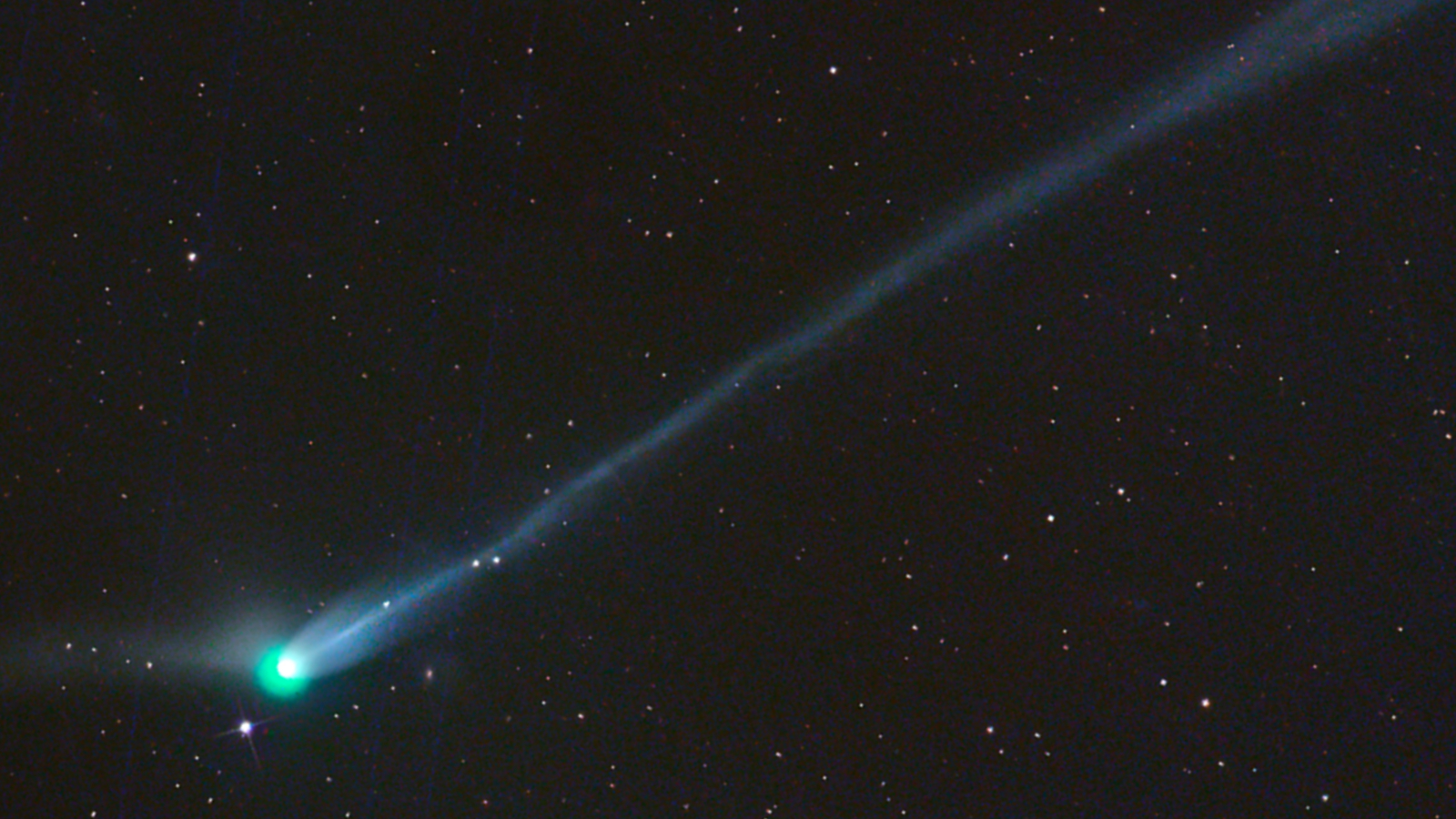
Ben Turner
Ben Turner is a U.K. based writer and editor at Live Science. He covers physics and astronomy, tech and climate change. He graduated from University College London with a degree in particle physics before training as a journalist. When he's not writing, Ben enjoys reading literature, playing the guitar and embarrassing himself with chess.
Latest articles by Ben Turner

China's emissions are flatlining — and may be falling — in critical turning point for biggest emitter, report says
By Ben Turner published
The carbon emissions of the world's biggest greenhouse gas emitter have plateaued for nearly two years.
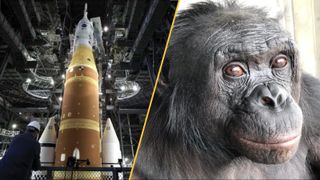
Discoveries inside Earth, Artemis II scrub, and an ape that can play pretend
By Ben Turner published
Science news this week Feb. 7, 2026: Our weekly roundup of the latest science in the news, as well as a few fascinating articles to keep you entertained over the weekend.

What is Moltbook? A social network for AI threatens a 'total purge' of humanity — but some experts say it's a hoax
By Ben Turner published
A new social networking site exclusively for bots has sparked claims of AI inventing its own religion and plotting humanity's downfall. But experts say its real dangers lie elsewhere.

AI swarms, mysterious Zapotec tomb, pancreatic cancer breakthrough and the growing threat of U.S. dam collapses.
By Ben Turner published
Science news this week Jan. 31, 2026: Our weekly roundup of the latest science in the news, as well as a few fascinating articles to keep you entertained over the weekend.
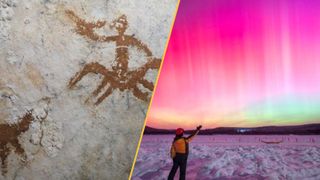
World's oldest rock art, giant reservoir found beneath the East Coast seafloor, black hole revelations, and a record solar radiation storm
By Ben Turner published
Science news this week Jan. 24, 2026: Our weekly roundup of the latest science in the news, as well as a few fascinating articles to keep you entertained over the weekend.
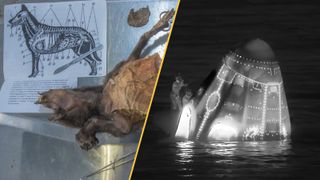
Crew-11 emergency return, Mars Sample Return cancellation, shrinking river deltas, and an ancient wolf mystery.
By Ben Turner published
Science news this week Jan. 17, 2026: Our weekly roundup of the latest science in the news, as well as a few fascinating articles to keep you entertained over the weekend.
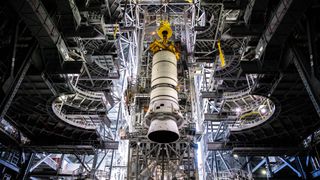
Watch NASA roll its historic Artemis II moon rocket to the launch pad this weekend
By Ben Turner published
NASA's Artemis 2 rocket will roll out Saturday (Jan. 17) ahead of a possible Feb. 6 launch. Here's how to watch.
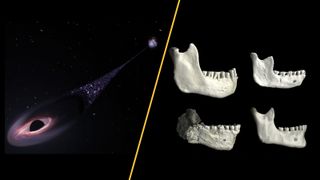
A runaway black hole, a human ancestor discovered in Casablanca cave, and vaccine schedule slashed
By Ben Turner published
Science news this week Jan. 10, 2025: Our weekly roundup of the latest science in the news, as well as a few fascinating articles to keep you entertained over the weekend.

Japan laser weapon trial, comet 3I/ATLAS bids farewell, and AI solves 'impossible' math problems
By Ben Turner published
Science news this week Dec. 20, 2025: Our weekly roundup of the latest science in the news, as well as a few fascinating articles to keep you entertained over the weekend.
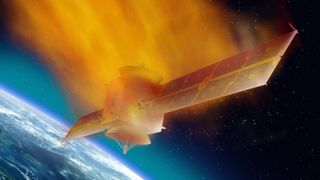
That was the week in science: Farewell comet 3I/ATLAS | Starlink tumbles from orbit | AI’s giant carbon footprint
By Patrick Pester, Ben Turner last updated
LIVE Friday, Dec. 19, 2025: Your daily feed of the biggest discoveries and breakthroughs making headlines.
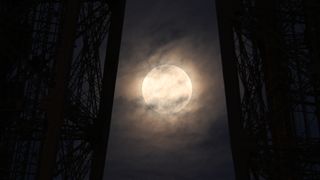
That was the week in science: Vaccine skeptics get hep B win | Comet 3I/ATLAS surprises | 'Cold Supermoon' pictures
By Ben Turner, Tia Ghose, Patrick Pester, Alexander McNamara last updated
Live blog Friday, Dec. 5, 2025: Your daily feed of the biggest discoveries and breakthroughs making headlines.
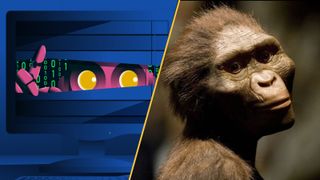
An enigmatic human relative, dark matter discovery and mysterious lights in the sky during nuclear weapons tests
By Ben Turner published
Science news this week Nov. 29, 2025: Our weekly roundup of the latest science in the news, as well as a few fascinating articles to keep you entertained over the weekend.
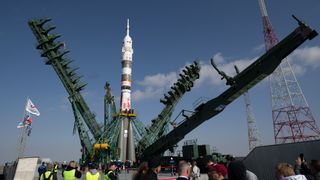
That was the week in science: Soyuz launch pad seriously damaged | 'Holy Grail' of shipwrecks | Interstellar object dangers
By Ben Turner, Alexander McNamara, Patrick Pester, Brandon Specktor last updated
Live blog Friday, Nov. 28, 2025: Your daily feed of the biggest discoveries and breakthroughs making headlines.
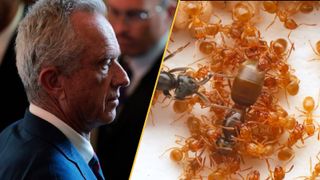
Turmoil at the CDC, NASA's comet 3I/ATLAS image release, and the insect apocalypse.
By Ben Turner published
Science news this week Nov. 22, 2025: Our weekly roundup of the latest science in the news, as well as a few fascinating articles to keep you entertained over the weekend.
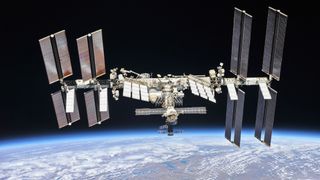
That was the week in science: CDC in turmoil | Moss survives space | Comet 3I/ATLAS images
By Ben Turner, Patrick Pester, Tia Ghose, Alexander McNamara last updated
Live blog Friday, Nov. 21, 2025: Your daily feed of the biggest discoveries and breakthroughs making headlines.
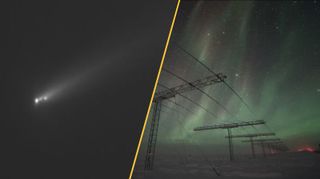
Powerful solar storms, exploding comets and pigs from hell
By Ben Turner published
Science news this week Nov. 15, 2025: Our weekly roundup of the latest science in the news, as well as a few fascinating articles to keep you entertained over the weekend.

That was the week in science: New Glenn launch | China's astronauts return | 'Other' ATLAS explodes
By Ben Turner, Patrick Pester, Tia Ghose, Alexander McNamara last updated
Live blog Friday, Nov. 14, 2025: Your daily feed of the biggest discoveries and breakthroughs making headlines.

New image of 'other comet ATLAS' reveals it's breaking apart ahead of close approach to Earth
By Ben Turner published
New images show that comet C/2025 K1 (ATLAS) has fragmented after passing its closest point to the sun, ahead of its close approach to Earth later this month. This is not the interstellar comet 3I/ATLAS.
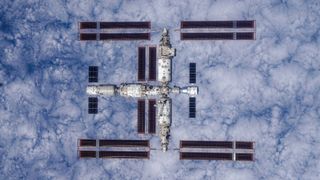
'Stranded' astronauts aboard Chinese space station are preparing to come home — but no date has been announced
By Ben Turner published
Three astronauts remain stuck on China's Tiangong space station after errant debris struck their return capsule last week. But their return vessel has already arrived, meaning a flight home will come sooner rather than later.
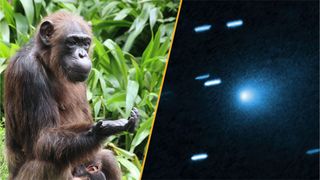
Thinking chimps and color-changing comets
By Alexander McNamara published
Science news this week Nov. 8, 2025: Our weekly roundup of the latest science in the news, as well as a few fascinating articles to keep you entertained over the weekend.
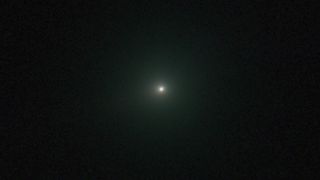
That was the week in science: Comet 3I/ATLAS glows green | Roman roads | Bear attacks
By Ben Turner, Patrick Pester last updated
Live blog Monday, Nov. 3 to Friday, Nov. 7, 2025: The week's biggest discoveries and breakthroughs that made headlines.
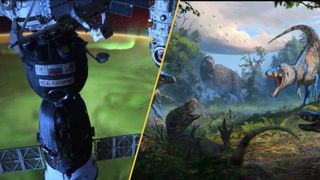
Solar revelations as Comet 3I/ATLAS rapidly brightens, a tiny tyrannosaur prompts T. rex rethink, and the unexpected perks of cussing out your chatbot
By Ben Turner published
Science news this week Nov. 1, 2025: Our weekly roundup of the latest science in the news, as well as a few fascinating articles to keep you entertained over the weekend.

AI models refuse to shut themselves down when prompted — they might be developing a new 'survival drive,' study claims
By Ben Turner published
Some AI models appear to show a resistance to being shut off. Are they developing a survival drive? Or is it all in how they prioritize tasks?
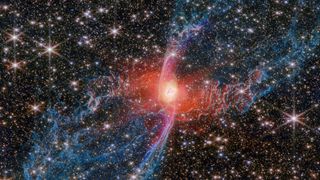
James Webb telescope celebrates Halloween with eerie image of a dying sun — it's what our own might look like one day
By Ben Turner published
This Halloween, the James Webb Space Telescope has served us up a stunning image of the Red Spider Nebula. It could be a glimpse of our solar system will in the distant future.

A trio of comets, a mysterious glow at the center of our Milky Way galaxy, why time moves faster as we age, and whether we should bring back Neanderthals.
By Ben Turner published
Science news this week Oct. 25, 2025: Our weekly roundup of the latest science in the news, as well as a few fascinating articles to keep you entertained over the weekend.
Get the world’s most fascinating discoveries delivered straight to your inbox.
